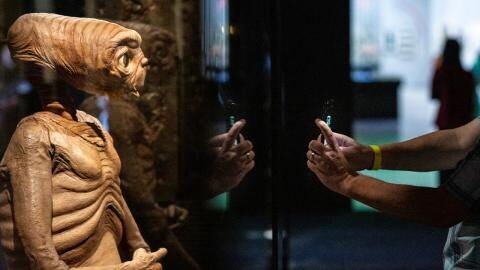NASA's Curiosity rover collected rocks that contained organic carbon, which could mean that it was brought in by bugs that lived on Mars at one point.
Discover our latest podcast
Rocks that could prove life on Mars
The samples of the rocks that were found in six different locations containing the potential trace of life on the red planet could prove a 'biological basis'. What was found on these rocks has been linked to fossilised remains of microbial that were once found in Australia. Professor Christopher House, from Penn State University and lead author of the study told The Metro:
The samples extremely depleted in carbon 13 are a little like samples from Australia taken from sediment that was 2.7 billion years old.
And added:
Those samples were caused by biological activity when methane was consumed by ancient microbial mats. But we can't necessarily say that on Mars because it's a planet that may have formed out of different materials and processes than Earth.
Read also:
⋙ 5 things you need to know about on Mars, the red planet
⋙ Blood, sweat and tears of astronauts can be used to make concrete on Mars
⋙ NASA discovered an asteroid filled with enough gold to make every human rich
Other theories explaining the presence of carbon
However, there are other theories as to why these rocks contain organic carbon that would in fact not prove that there are any true signs of life on this planet. Dr. House explains that cosmic dust clouds or ultraviolet radiation could be at the root of the presence of this chemical element. He explained that:
The amounts of carbon 12 and carbon 13 in our solar system are the amounts that existed at the formation of the solar system. Both exist in everything.















